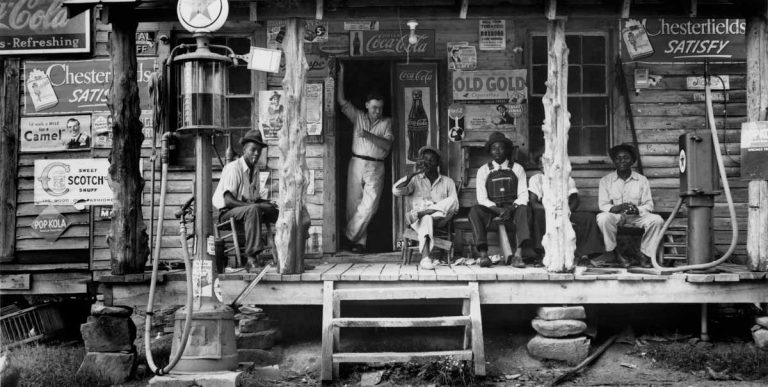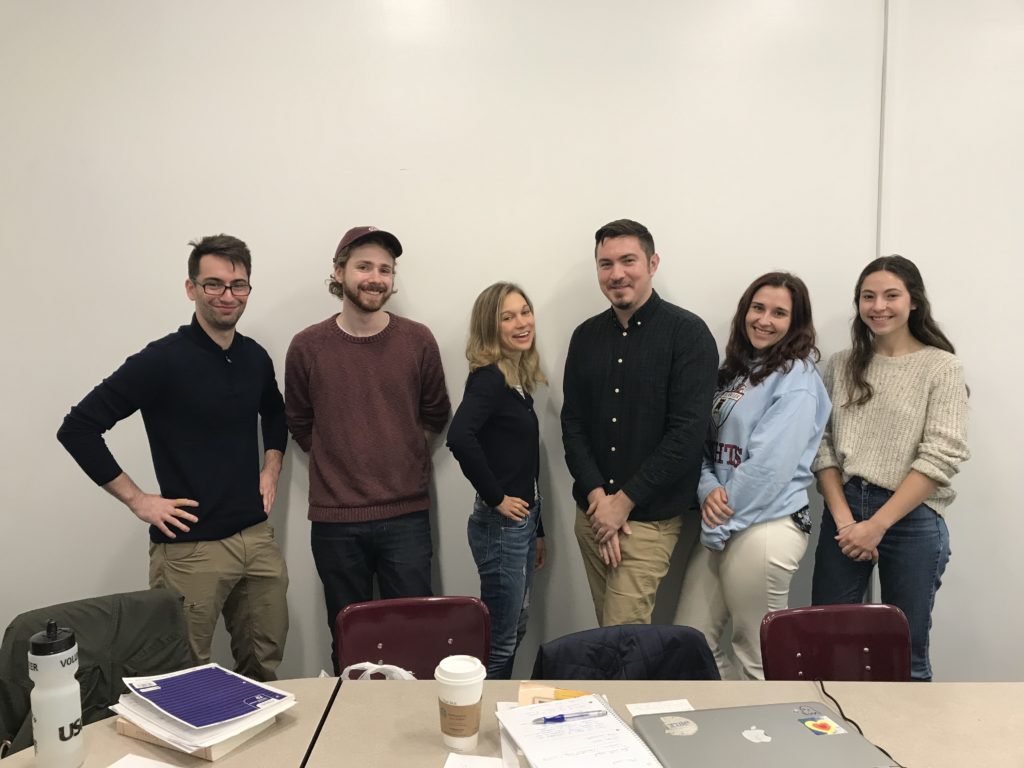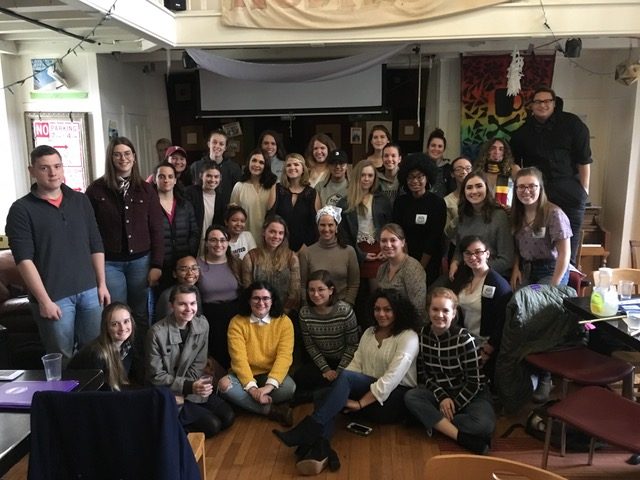A group of graduate students studying at Fordham University has come together to analyze and provide insight into complex issues of both race and gender. Graduate students, in a course entitled, “Race and Gender” in the fall of 2019, led by Professor Kirsten Swinth, discussed race and gender in modern America.
As a final project, they each wrote several blogs, original pieces, and a comprehensive lesson plan that discusses a specific issue related to race and gender and/or a key historical insight that they obtained after completing the course.
Their publications are available on their student-designed public website (https://ufci2019.ace.fordham.edu ). Each blog post (written by one of the class members) tackles either race or gender through the incorporation of both secondary and primary sources. 
It was their mission to use the knowledge obtained through spending a semester studying these social constructions in great detail to provide valuable insight into each discussion. In each blog post or lesson plan, the students selected a particular topic and offered their research and insights based on the knowledge they had accumulated over the course of the semester.
Students of all levels of higher education, professors, and history enthusiasts are welcome to interact with the information presented within each post. They are invited to consider questions that arise in handling these topics, and consider how their own insights could expand upon these ideas.
List of Contributors:
William Hogue
William Hogue is a PhD student in History at Fordham University interested in the international intellectual and political history of US imperialism and its relationship to American Christianity. His research examines the history of multinational organizations, religious institutions and policy institutes, the politics of international order, and the connections between foreign and domestic policy. In particular, he focuses on the influence of liberation theology in Latin American revolutions and the US domestic human rights reaction to US foreign policy in Central America.
Benjamin Van Dyne
Benjamin Van Dyne is a PhD student in theology at Fordham University, where his work focuses on white and Christian supremacy and social solidarity in the face of violence and suffering. He is a graduate of the University of Virginia and worked as a community organizer in Indiana, Kentucky, Virginia, New York City and Long Island before attending Union Theological Seminary, where he graduated in with his Master of Divinity. He lives in the Bronx with his two children.
Katie Shine
Katie Shine is a first-year doctoral candidate in modern history at Fordham University. Her academic interests include the First and Second World Wars, 20th century Italy, U.S.-Italy foreign relations, memory studies, race and nationalism, and Fascist society in western Europe. Having previously worked in higher education, tutoring, and program management in the career development and financial services spaces, she has had many valuable (and treasured) learning and teaching moments.
Grace Campagna
Grace Campagna is an undergraduate Senior at Fordham University studying History, Anthropology, and Medieval Studies. She will graduate in May 2020 with a Bachelor’s degree in History. Her academic interests include medieval England and women’s history. She has enjoyed tackling new topics and time periods during this course on Race and Gender in Modern America.
David Marchionni
David Marchionni will complete his Masters’ degree in History from Fordham University in August 2020. His MA Thesis will focus on the Stonewall Riots, and its impact upon lesbian and gender non-conforming people of color.
Megan Stevens
Owen Griffis Clow
Owen Griffis Clow is a doctoral student in the Fordham University Department of History. He researches modern American history with a focus on the late twentieth century (1970-2000), violence, and the American South. He is a graduate of Lawrence University (B.A.) and Columbia University (M.A.).






